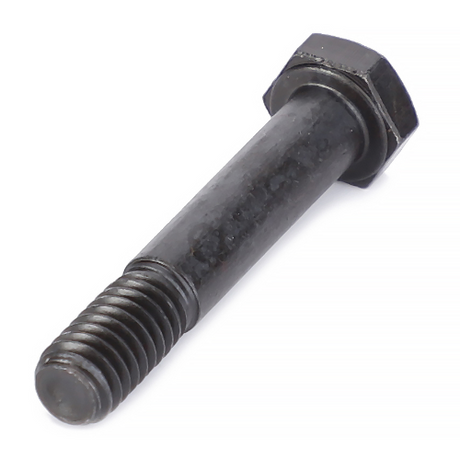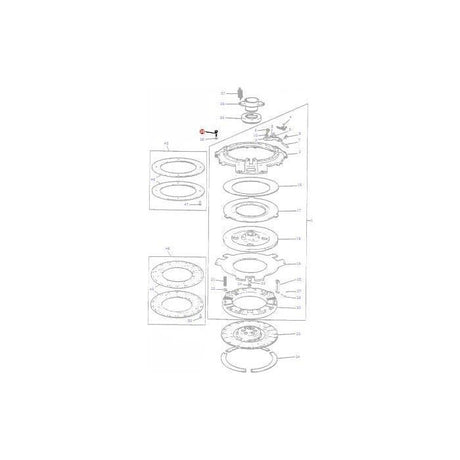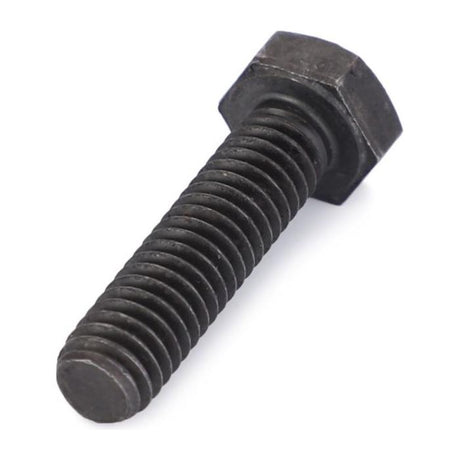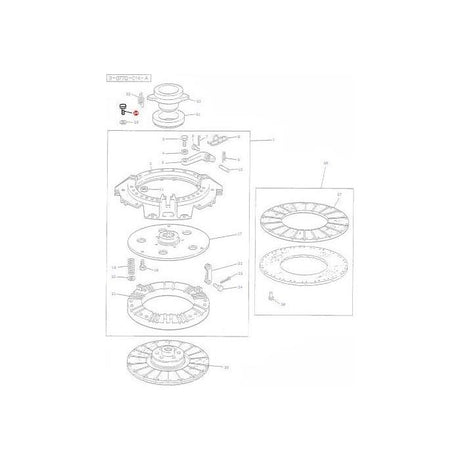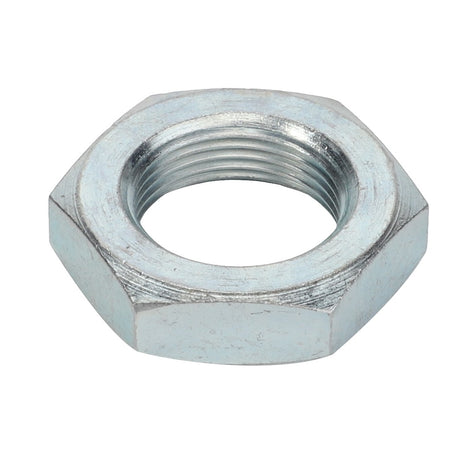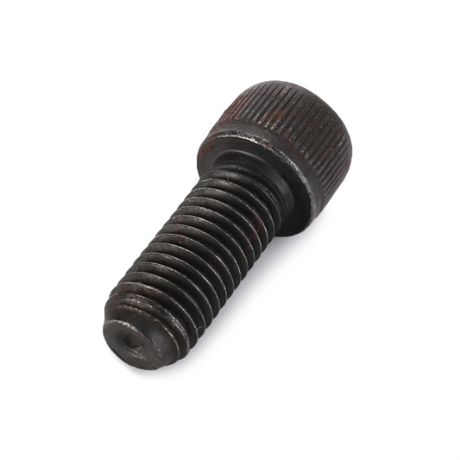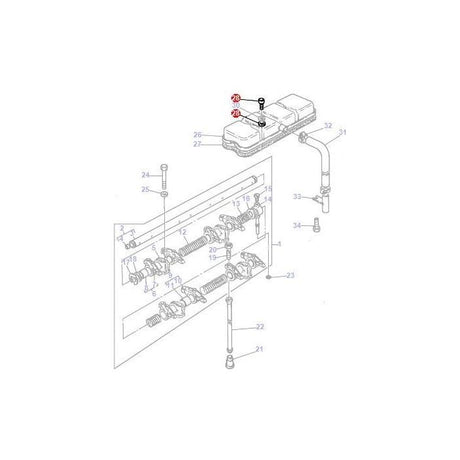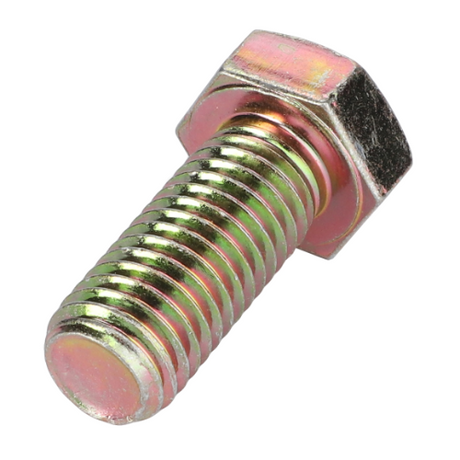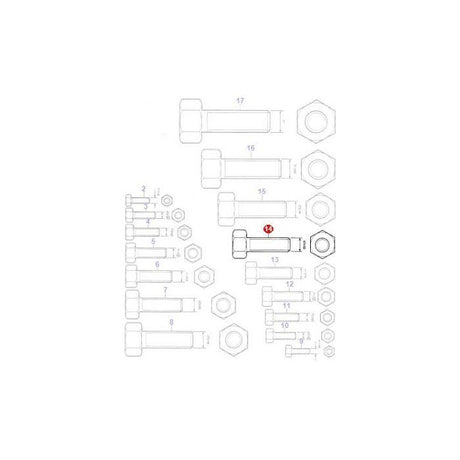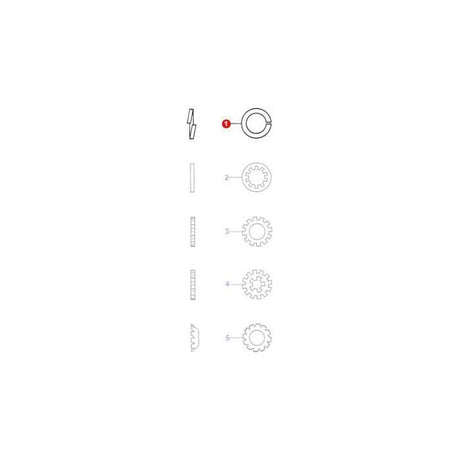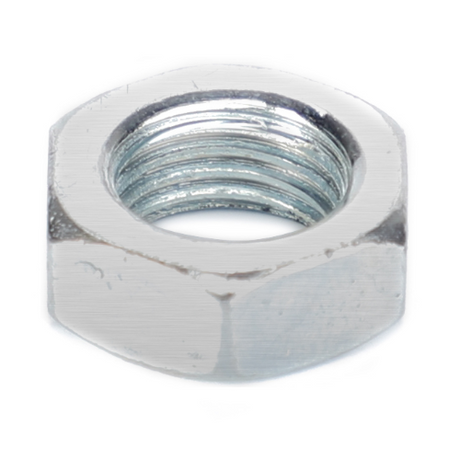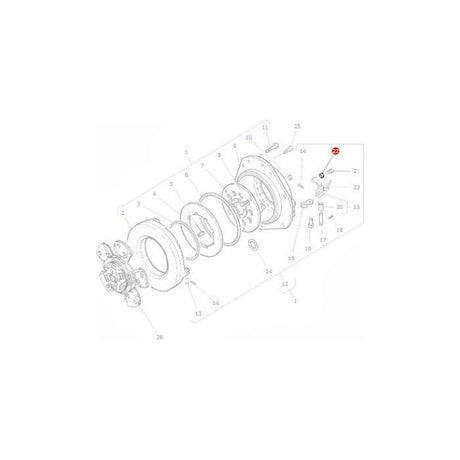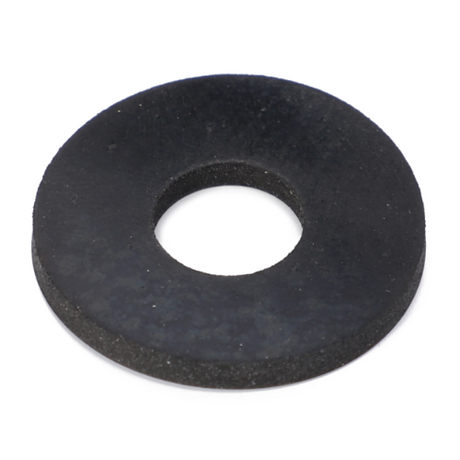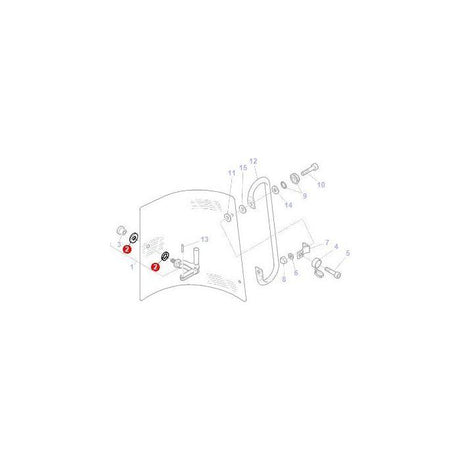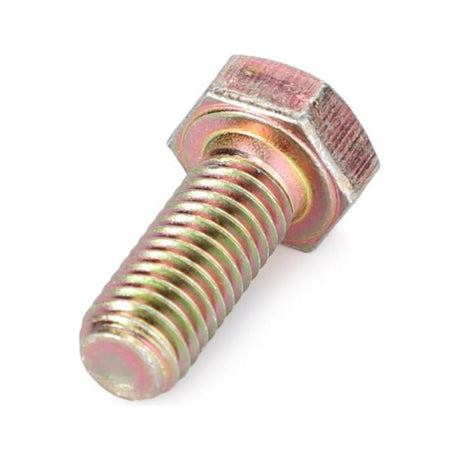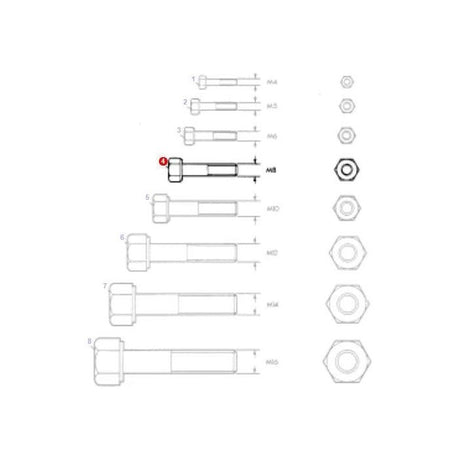Fuel injectors are critical components in the Massey Ferguson 390 tractor's engine, ensuring that fuel is delivered efficiently to the combustion chamber. Proper functioning of these injectors is vital for maintaining engine performance, fuel efficiency, and overall reliability. This guide delves into the importance of fuel injectors, common issues, and essential maintenance tips to help you keep your Massey Ferguson 390 running at its best.
1. Understanding Fuel Injectors in the Massey Ferguson 390
A. Function of Fuel Injectors:
-
Fuel Delivery: Fuel injectors are responsible for spraying a fine mist of fuel into the engine’s combustion chamber. This process ensures that the fuel mixes thoroughly with air, leading to efficient combustion.
-
Precision: Modern fuel injectors are designed to deliver precise amounts of fuel at the right time, optimizing engine performance and fuel efficiency.
-
Types: The Massey Ferguson 390 typically uses electronic fuel injectors (EFI), which provide accurate fuel delivery and are controlled by the engine’s electronic control unit (ECU).
B. Importance of Proper Fuel Injector Function:
-
Engine Performance: Well-functioning fuel injectors ensure smooth engine operation, providing consistent power and acceleration.
-
Fuel Efficiency: Efficient injectors help achieve optimal fuel consumption, reducing operational costs and minimizing fuel wastage.
-
Emissions Control: Properly functioning injectors help meet emission standards by ensuring complete combustion and reducing harmful exhaust emissions.
2. Common Issues with Fuel Injectors
A. Clogged or Dirty Injectors:
-
Symptoms: Reduced engine performance, poor fuel economy, rough idling, and increased exhaust emissions are common signs of clogged or dirty injectors.
-
Cause: Dirt, debris, or contaminants in the fuel can lead to injector clogging, affecting fuel delivery and engine performance.
B. Leaking Injectors:
-
Symptoms: Fuel leaks around the injectors, strong fuel odors, and increased fuel consumption can indicate leaking injectors.
-
Cause: Wear and tear, damage, or gasket failure can cause injectors to leak, leading to fuel wastage and potential engine damage.
C. Misfiring or Rough Idling:
-
Symptoms: Engine misfires, rough idling, and uneven power delivery can be signs of faulty fuel injectors.
-
Cause: Injector malfunction can disrupt the fuel-air mixture, leading to inconsistent combustion and engine performance issues.
D. Poor Fuel Economy:
-
Symptoms: Increased fuel consumption and reduced mileage are common indicators of fuel injector problems.
-
Cause: Inefficient fuel delivery due to faulty injectors can lead to higher fuel consumption and decreased efficiency.
3. Maintenance and Replacement Tips
A. Regular Inspections:
-
Frequency: Check your fuel injectors regularly as part of routine engine maintenance. Look for signs of leaks, clogging, or performance issues.
-
Method: Use diagnostic tools to assess injector performance, and visually inspect for any signs of wear or damage.
B. Cleaning Fuel Injectors:
-
Methods: Use fuel injector cleaning additives or professional cleaning services to remove carbon deposits and contaminants. Regular cleaning can help maintain injector performance.
-
Frequency: Clean injectors based on manufacturer recommendations or if you notice performance issues.
C. Replacing Fuel Injectors:
-
Quality Parts: Always use genuine OEM or high-quality aftermarket fuel injectors to ensure proper fit and performance.
-
Professional Installation: Have fuel injectors replaced by a qualified mechanic to ensure correct installation and avoid potential engine damage.
-
Maintenance Practices: Follow the manufacturer’s maintenance schedule, use high-quality fuel, and address any issues promptly to extend the life of your fuel injectors.
4. Where to Find Quality Fuel Injectors
A. Farmingparts.com
-
Extensive Selection: Explore a wide range of high-quality fuel injectors for the Massey Ferguson 390 at Farmingparts.com. We offer both OEM and performance options to meet your needs.
-
Expert Advice: Receive expert guidance on selecting the right fuel injectors for your tractor and get professional support for installation and maintenance.
-
Convenient Ordering: Enjoy easy online ordering with fast shipping options to get your parts quickly and efficiently.
Maintaining the fuel injectors in your Massey Ferguson 390 is essential for ensuring optimal engine performance, fuel efficiency, and reliability. By understanding their role, recognizing signs of wear, and following proper maintenance and replacement practices, you can keep your tractor running smoothly. For top-quality fuel injectors and expert support, visit Farmingparts.com and find everything you need to maintain and enhance your Massey Ferguson 390.
Ready to replace or upgrade your Massey Ferguson 390 fuel injectors? Visit Farmingparts.com today to explore our selection of genuine OEM and high-quality parts. Get expert advice and ensure your tractor performs at its best with the right components.



